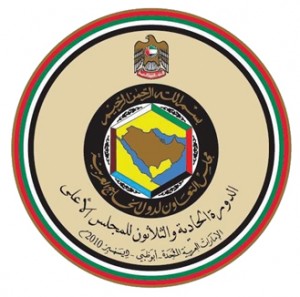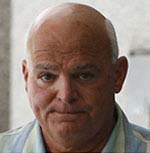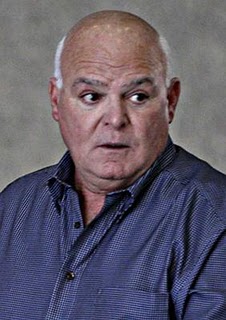It may not have been anticipated by Julian Assange, but the wikileaks release of U.S. diplomatic cables may have seriously affected Middle-Eastern politics. Several statements made to U.S. officials by various powerful Arab leaders have painted a picture of how extremely concerned they are about a nuclear Iran. With the recent announcement that Iran is now capable of producing their own yellow cake uranium, an upcoming meeting of The Cooperation Council for the Arab States of the Gulf (more commonly referred to as the Gulf Cooperation Council or GCC) may finally present of these concerned countries with a stage to openly profess their worries. On the same day that the U.S. and other world powers are sitting down with Iran in Geneva, the GCC will be starting their meeting in Abu Dhabi.
When the GCC meets tomorrow there will certainly be talk about the proposed 20 billion dollar rail system to link all of the GCC member states and the coup of Qatar’s successful World Cup 2022 bid. However, the world will likely be watching for some kind of a condemnation of Iran’s nuclear policy.
Bahrain, Kuwait, Oman, Qatar, Saudi Arabia and the United Arab Emirates (UAE) comprise the GCC. Formed in 1981, the group serves primarily as a trade bloc, encouraging economic integration and scientific cooperation between the member states. This cooperation was going to originally include the use of a common currency between the member states, though all efforts on this front seem to have failed so far. The GCC also has a military wing known as the Peninsula Shield Force, which is meant to deter any attack against a member nation.





1 Comment
iran – bomb them! twice.
personally i would have bombed them years ago when it was strongly suggested they were supplying and financing ied/efp materials that were killing our troops in iraq.
(http://www.usatoday.com/news/world/iraq/2007-01-30-ied-iran_x.htm)